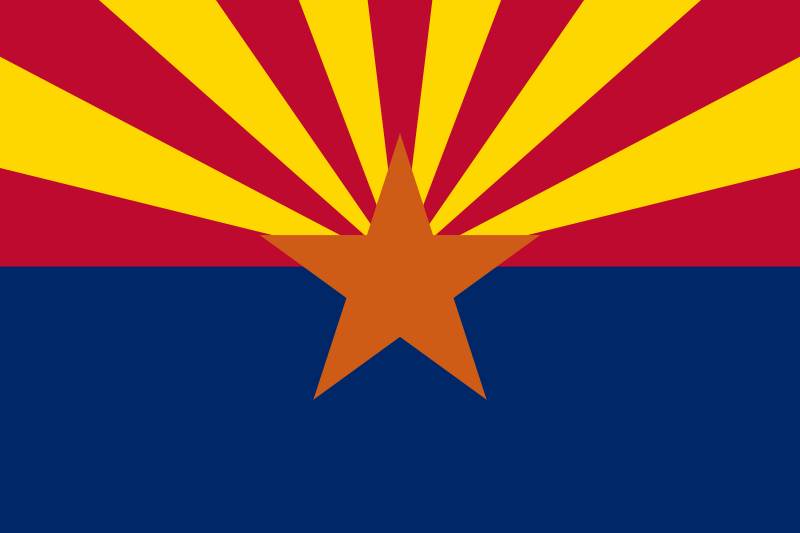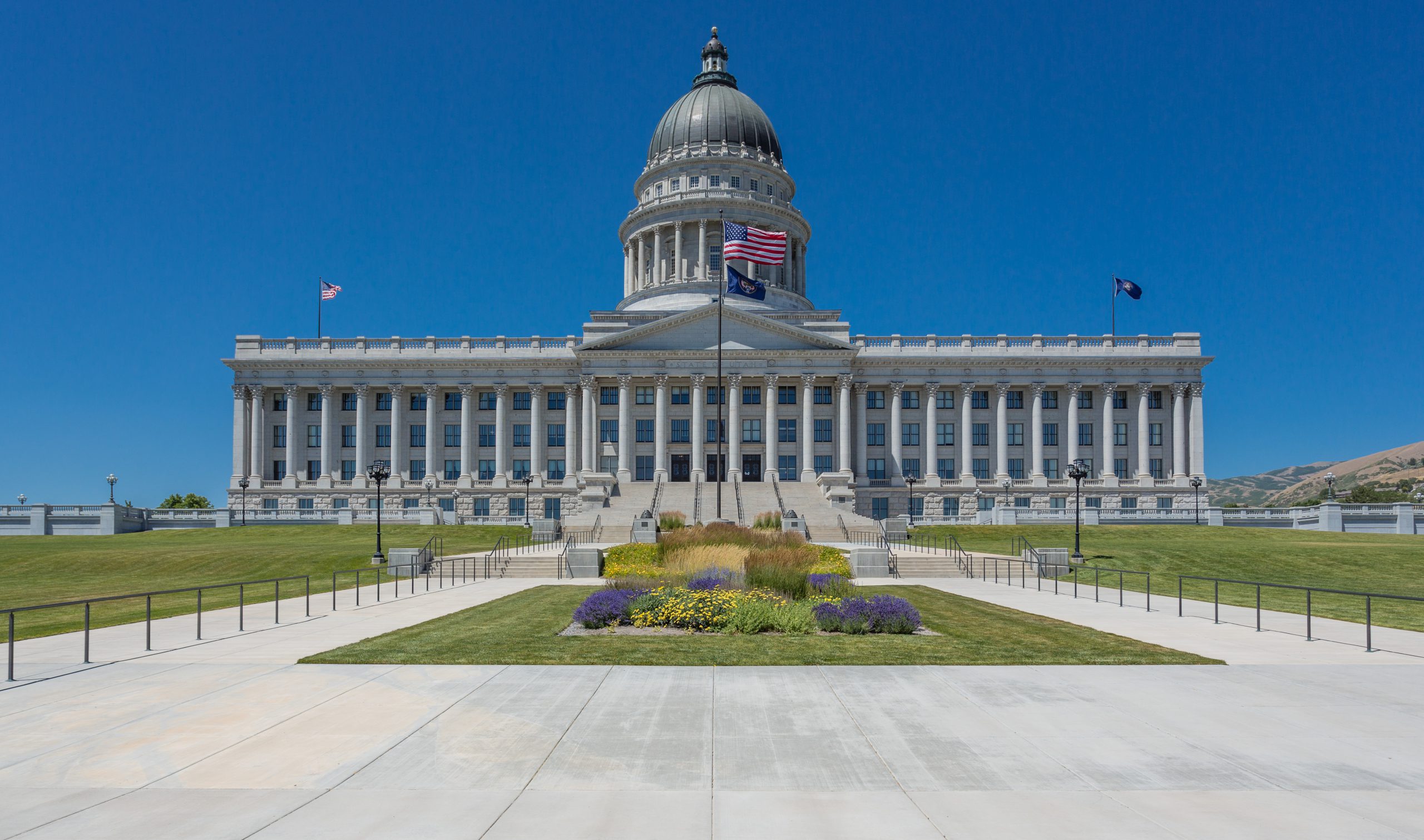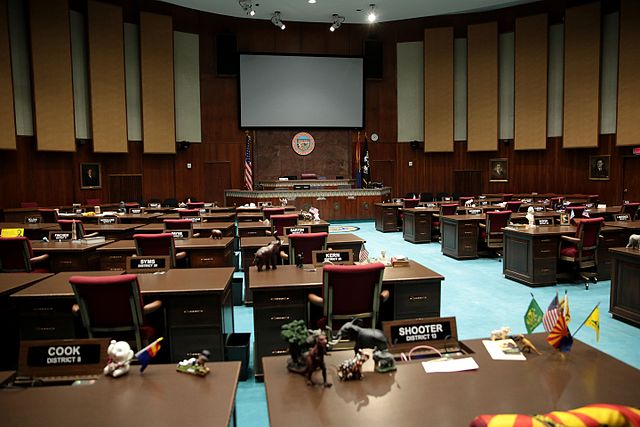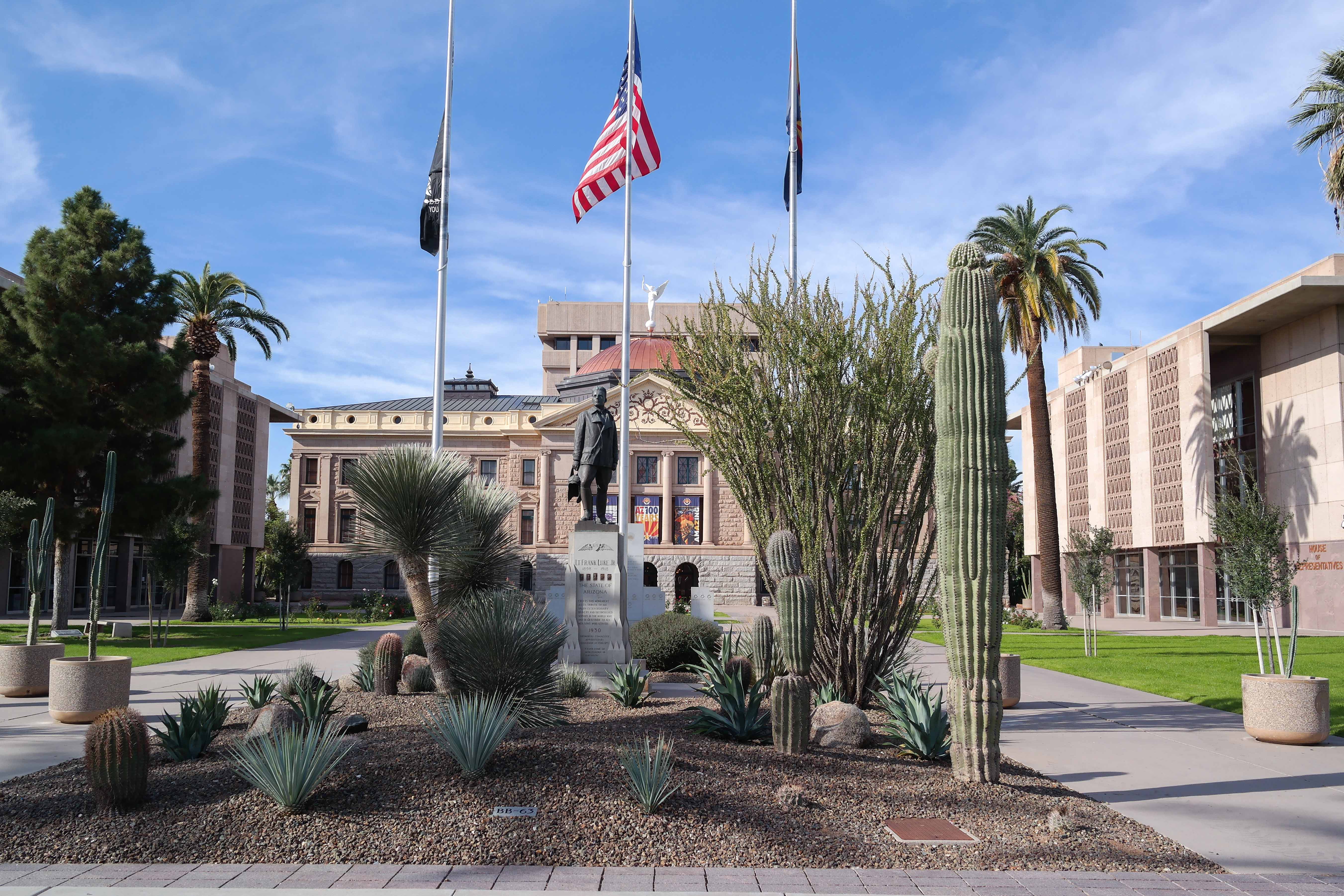Tag: arizona
-
After 2023 veto, Arizona legislature sends drug cartel terrorism designation law directly to voters as ballot measure

The Arizona State Legislature approved House Concurrent Resolution 2055 (HCR 2055), placing a ballot measure about drug cartels before voters in the 2026 election. If approved, the ballot measure would define drug cartels as terrorist organizations and require the Arizona Department of Homeland Security to “do everything within its authority to address the threat posed…
-
Ballot measure update: Utah veto referendum and amendments in Arizona, Florida, and Louisiana certified for 2026

The number of certified statewide ballot measures for both 2025 and 2026 is trending above average compared to previous election cycles as of June 24. 2025 ballot measures For 2025, 27 statewide ballot measures have been certified in seven states—Colorado, Louisiana, New York, Ohio, Texas, Washington, and Wisconsin. This is six more than the average…
-
Arizona 2026 ballot measure would require voter approval to raise local grocery sales taxes, cap them at 2%

Arizona voters will decide on a measure that would prohibit local governments from establishing or raising a sales tax on groceries without voter approval, and would limit the rate to 2%. Voters will decide the measure on Nov. 3, 2026. The measure was introduced in the Arizona House of Representatives on Jan. 27 as House…
-
Arizona voters to decide on constitutional amendment prohibiting taxes on vehicle miles traveled and related limits in Nov. 2026

Arizona voters will decide on a constitutional amendment that would prohibit taxes on miles traveled in a motor vehicle and prevent state and local governments from limiting miles traveled by any individual in a motor vehicle. The amendment will appear on the ballot on Nov. 3, 2026. A vehicle miles traveled (VMT) tax, sometimes called…
-
Arizona voters have decided 476 ballot measures since 1911

Ballotpedia completed an inventory of all Arizona ballot measures since 1911, the year before statehood, and when voters adopted the initiative and referendum process. Between 1911 and 2024, Arizonans voted on 476 ballot measures. Two hundred and fifty-one (251) measures were approved, and 225 measures were defeated. In Arizona, measures can be placed on the…
-
State supreme court vacancy count for October 2024

In this month’s state supreme court vacancy update, Ballotpedia tracked announced retirements, nominations, appointments, confirmations, and the swearing-in of justices from October 1, 2024, to November 1, 2024. Ballotpedia tracks court vacancies in all 52 state supreme courts. Announced retirements: In October 2024, one justice resigned. Robert Brutinel stepped down from the Arizona Supreme Court…
-
Arizona voters defeat ballot measure to establish REINS-style oversight of agency rulemaking

Voters in Arizona defeated a ballot measure on Nov. 5 related to legislative oversight of agency rulemaking. The measure, Proposition 315, would have required legislative ratification of proposed rules estimated to increase regulatory costs by more than $500,000 over five years before they could take effect. The measure was defeated by a vote of 53.2%…
-
Arizona voters to consider competing measures, Propositions 133 and 140, on election systems

Voters in Arizona will decide on competing measures related to electoral systems—the methods used to conduct elections and count votes to determine winners. Republicans in the Arizona State Legislature voted to place Proposition 133 on the ballot, while Proposition 140 is a citizen-initiated ballot measure from the Make Elections Fair PAC. Proposition 133 would add…
-
All 60 seats in the Arizona House of Representatives are up for election on Nov. 5, 2024

Elections for the Arizona House of Representatives will take place in 2024. The general election is on November 5, 2024. The primary was July 30, 2024. The filing deadline was April 1, 2024. The Arizona House of Representatives is one of 85 state legislative chambers with elections in 2024. There are 99 chambers throughout the…
-
56% of elections in Arizona are uncontested
Of 577 regular elections in Arizona—321 (56%) are uncontested. An uncontested election is one where the number of candidates on the ballot is less than or equal to the number of seats up for election. Of the 24 states where Ballotpedia is covering every election on Nov. 5, Arizona has the 15th highest rate of…

